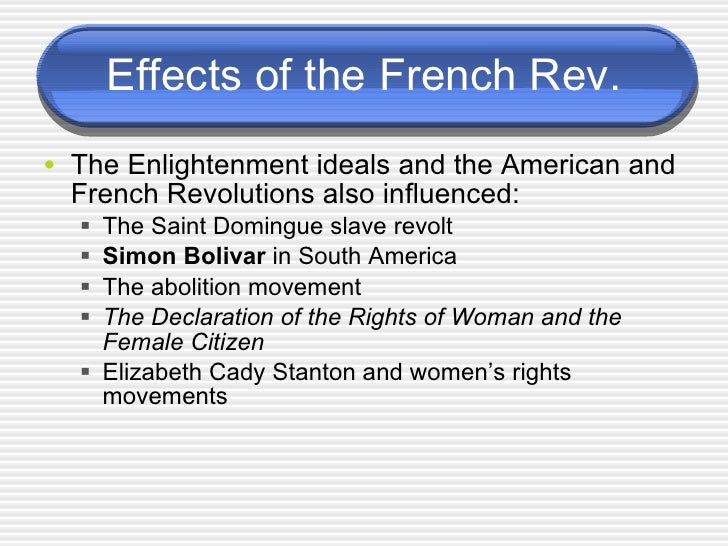

Occasions, like, the working of the Hameau and the Diamond Necklace Affair joined with Marie Antoinette's failure towards committing to flight or compromise with the episode of the Revolution helped to fan the flames of her negative portrayal (Kropotkin, 2009). These variables framed the basis of the public opinion of Marie Antoinette however a progression of bad occasions secured her tragic destiny.

She was the most straightforward target: she was foreign and renowned for throwing lavish parties and spending extensive measures of cash on her closet and her hair. A significant part of the fault for the monetary hardships the monarchy experienced was set on the queen. But, with the quick decay of the money related circumstance in France, this optimistic supposition was extinguished. At the point when Louis XVI and Marie Antoinette became king and the queen, the general populations were cheerful and prepared for a change of courses in the legislature. It stayed extremely real until 1789 (, 2016). This benefit made a significant obstacle towards social mobility and to the development of new abilities in the French state. Various workplaces and positions in civil and military organizations were held for nobles, eminently all commissions as officers within the armed force. The populace was in reality separated into 3 "orders" or "estates": the clergy, the nobility and the rest – more than 95 % obviously – referred to just as the Third Estate (, 2016). All the topmost positions within the armed force, the government, the civil service, the church and the judiciary were saved for the individuals from hereditary nobility. Up until 1789 France was an Absolutist country governed by a lord who asserted that his entire power towards controlling were granted to him by god.


 0 kommentar(er)
0 kommentar(er)
